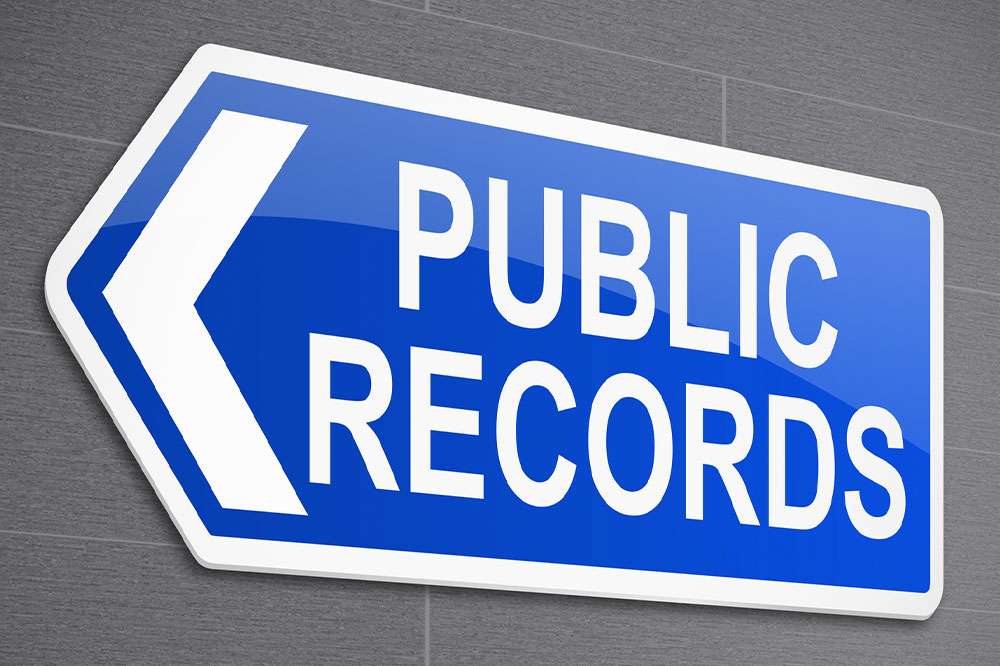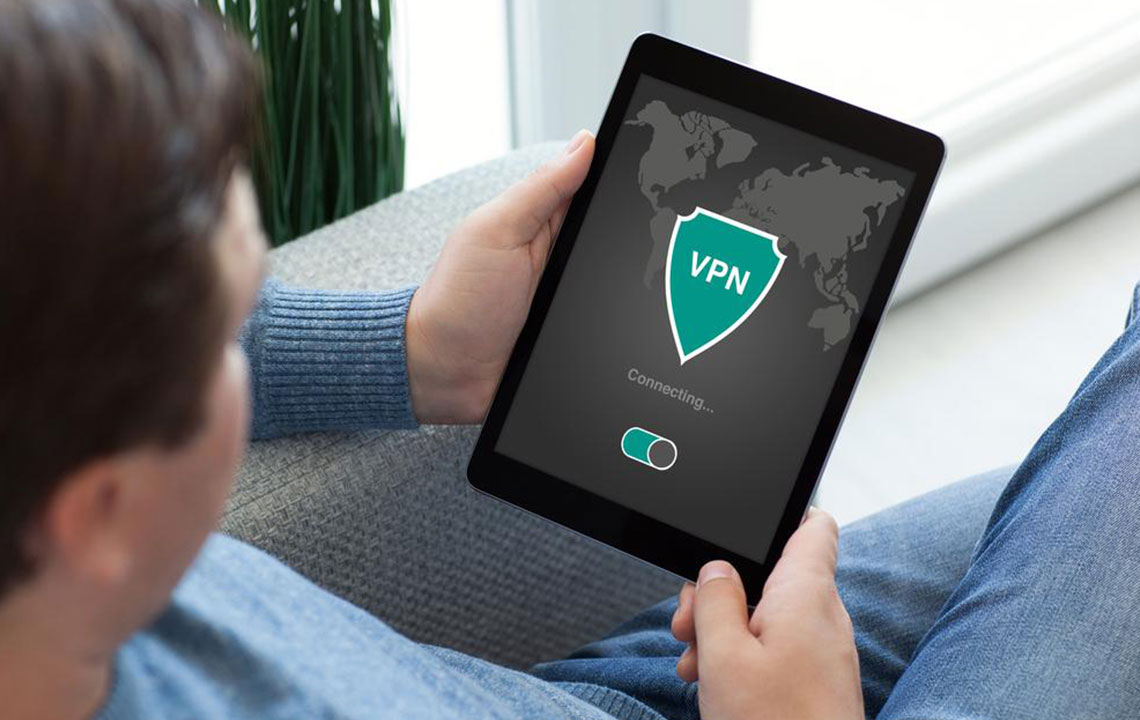Essential Guide to Accessing and Managing Public Records
This comprehensive guide explains how to access public records, the types available, and tips to protect your privacy. It covers online platforms, legal regulations, and methods to manage personal information accessible to the public, empowering individuals to understand and control their public data. Learn about court records, licensing information, and ways to restrict sensitive data effectively.
Sponsored

Understanding Public Records: FAQs and Tips
In today’s digital era, accessing information online has become commonplace. If you're curious about what personal data is available publicly, understanding public records is essential. Don't worry if you're unfamiliar with these documents; this guide covers the basics, including how to keep certain information private.
What types of records are accessible to the public?
Public records include various documents maintained by federal, state, and local governments. These are non-confidential records such as census data, property transactions, and court dealings that anyone can view.
Accessing public records isn’t always straightforward, despite their open availability. The Freedom of Information Act, enacted in the 1960s, laid the groundwork for accessing government-held information across all states.
Online resources like PACER provide access to court records, including bankruptcy cases. Registration is free, but viewing each page typically costs around 2 cents. Other documents like licenses and inmate records are also obtainable online. Requests can be submitted to local offices like the County Clerk.
Which websites offer free or low-cost public record access?
PACER is a prominent platform for accessing criminal and court records with minimal charges after registration. The U.S. National Archives offers digitized immigration records, searchable via their catalogs and databases. For professional licenses, visit state licensing boards or official government sites. Each state's Secretary of State website provides corporate and business registration details.
Are court records publicly accessible?
Generally, court records for public cases are accessible, especially in federal courts, which publish detailed case files. State court records may vary in detail but are generally available through official archives or online portals. Criminal records can be public or sealed; federal and state authorities manage these records, which are accessible depending on case status.
What personal information is publicly available?
Details like criminal records, license statuses, and certain personal data such as your name, date of birth, and address are accessible to the public. Sensitive data like social security numbers or tax information remains protected and is not publicly disclosed.
How can I remove my data from public records?
Removing sensitive information from public records can be challenging. Start by reviewing your records online or at local offices. Consider changing your mailing address and requesting updates through official channels. Forming an LLC can also help keep property and financial details private by preventing personal data from showing in public filings.






